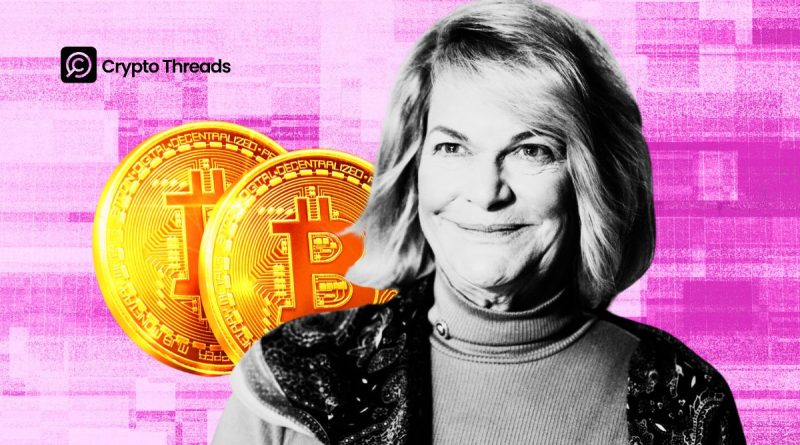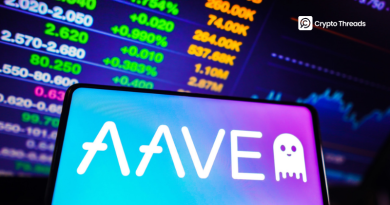Senate Examines Stablecoin Regulations in Landmark Digital Assets Hearing
Stablecoins and the future of digital asset regulation were the focal points of a recent Senate Banking Committee hearing. The session, one of the committee’s first to explore a crypto regulatory framework, underscored the urgency of establishing legislative clarity in the industry.
The hearing, framed as the starting point for future Congressional action on digital assets, was the first hosted by the committee’s newly formed digital assets subcommittee. Chaired by Wyoming Republican Cynthia Lummis, a well-known crypto advocate, the session highlighted bipartisan efforts to establish a framework for both stablecoins and market structure.
A Legislative Framework on the Horizon
“We are on the brink of crafting a bipartisan legislative framework for stablecoins and market structure,” Lummis stated in her opening remarks. She referenced draft legislation she co-sponsored with New York Democrat Kirsten Gillibrand, positioning it as a complement to the House’s Financial Innovation and Technology for the 21st Century Act.
Stablecoin regulation will be the committee’s initial focus, echoing sentiments from White House Crypto and AI Czar David Sacks and South Carolina Republican Tim Scott, chair of the broader Senate Banking Committee.

Stablecoin Legislation Discussion Takes Step Forward (Source: Blockchain Tipsheet)
Delaying Market Structure Legislation
Former CFTC Chair Timothy Massad, one of the four witnesses at the hearing, advised lawmakers to concentrate on stablecoin legislation and defer market structure reforms for several years.
“For years, the crypto industry has urged the SEC and CFTC to establish clear rules instead of regulating by enforcement. That process is now underway,” Massad stated. “The SEC has dropped enforcement cases and launched a crypto task force. We should allow these regulatory efforts to progress before rewriting securities laws.”
Massad warned that premature market structure proposals could cause confusion rather than clarity, particularly regarding asset classifications as securities or commodities. He also cautioned that such legislation could inadvertently weaken existing securities laws, particularly those governing decentralized finance (DeFi).
“DeFi is often misunderstood—many projects still have centralized elements of control,” he added. “Even if a process is decentralized, that doesn’t mean it should be free from regulation.”
Concerns Over KYC and Transaction Transparency
Virginia Democrat Mark Warner urged the panelists to consider implementing KYC measures for stablecoin users. He pointed out that while issuers may conduct KYC checks, stablecoins can still be transferred between wallets without additional verification.
“I want to create a regulatory framework that works, but I’ve seen a lot of troubling activity,” Warner said. “How do we implement basic protections from issuance to fiat conversion?”
Lightspark co-founder and Chief Legal Officer Jai Massari noted that while self-custodied wallets do not perform KYC, blockchain transactions create an immutable on-chain record that can be monitored by issuers, third parties, and law enforcement.
Although tools like mixers can obscure transactions, custodial wallets still conduct KYC at the final stage of a transaction chain, Massari explained.
“The industry continues to develop new tools to address these challenges,” she added.
With stablecoins taking center stage in legislative discussions, the hearing laid the groundwork for future regulatory developments in the digital asset space.



